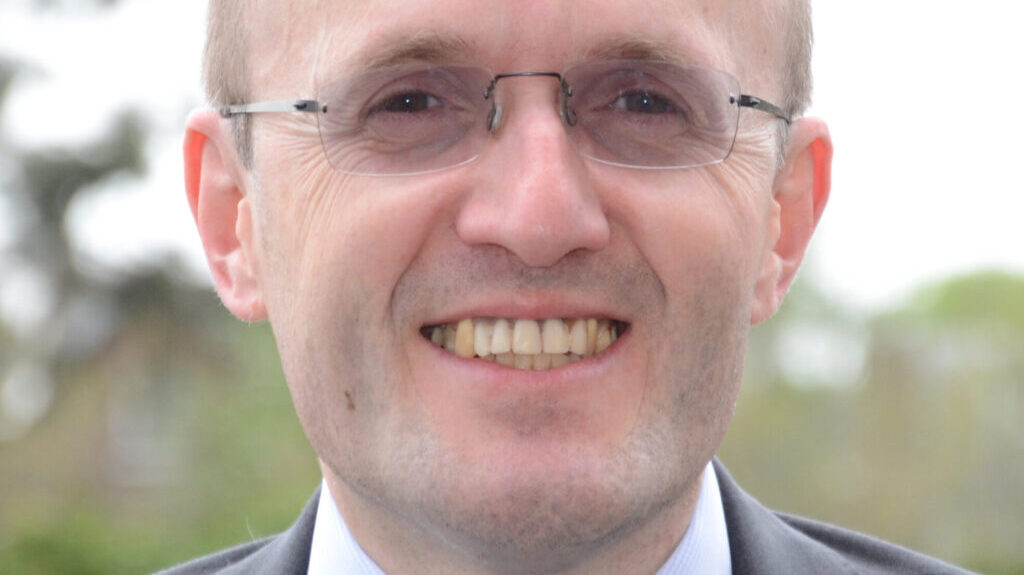Care providers should promote complaints process, says watchdog

The social care ombudsman is calling for care providers to “up their game” by including details on how to make a complaint in their policies and procedures.
In his annual review of adult social care services, Local Government and Social Care Ombudsman (LGSCO) Paul Najsarek says care providers should display information on how to access the Ombudsman’s service in all settings. He calls for providers to be required by law to signpost complainants to the LGSCO.
The report also calls for the LGSCO’s jurisdiction to be extended to all settings that provide adult social care, including day care. It calls on the sector to listen to concerns and complaints and use this intelligence to drive positive, cost-effective changes.
The 2023 report highlights key cases from the past year, including one investigation that shone a light on the inadequacy of 15-minute home care calls. The investigation found care workers employed by D H Homecare, a home care agency commissioned by Warrington council, were sometimes staying with one elderly woman for only three minutes, despite the family paying for 15 minutes.
The Ombudsman found that the intended length of the care call was of concern, as 15 minutes is rarely enough time to complete the care tasks a person requires. The LGSCO recommended the council apologise to the family, make a payment of £500 for the distress and carry out a review of other cases with 15-minute care calls. The review found that over 300 people in the council area were also receiving short calls.
Another investigation found that Leeds City Council allowed a care home operated by Indigo Care Services (trading as Orchard Care Homes) to put a second contract in place with a family whose relative was placed in a care home. The dual contract meant the family were required to pay the difference between the council’s rate for a placement and the provider’s private rate.
The Ombusdman found the arrangements confusing and contrary to Government guidance, and recommended the council and care provider apologise to the complainant and arrange for repayment of the fees paid. The council also agreed to revisit its contract arrangements and end this practice with all care providers in its area and the care provider agreed to review its terms and conditions.
Najsarek said: “I urge senior leaders to give voice to the voiceless: those who cannot complain for themselves because they are unsupported, isolated or simply lack the capacity to do so. Where these vulnerable people are hidden from view, it is all the more important that leaders scrutinise the services they receive to shine a light on how they perform for the people they are meant to support.”




